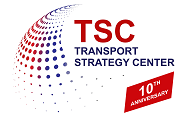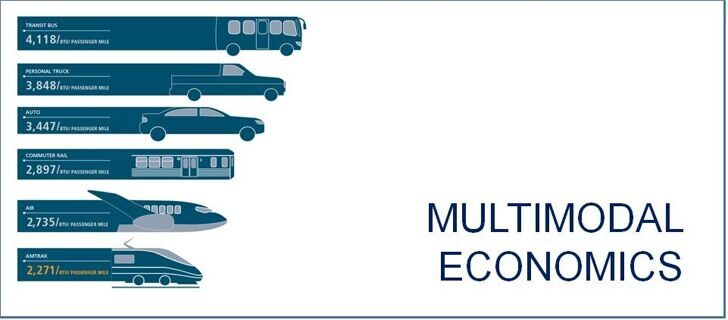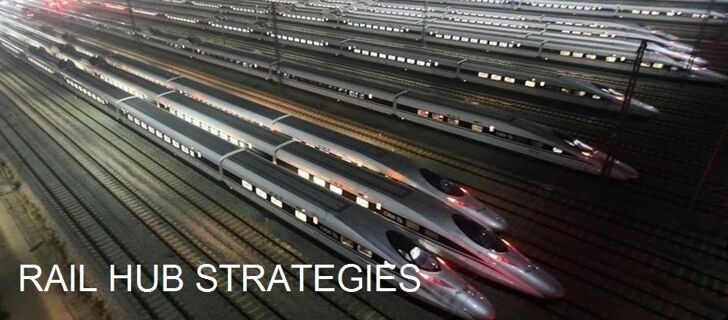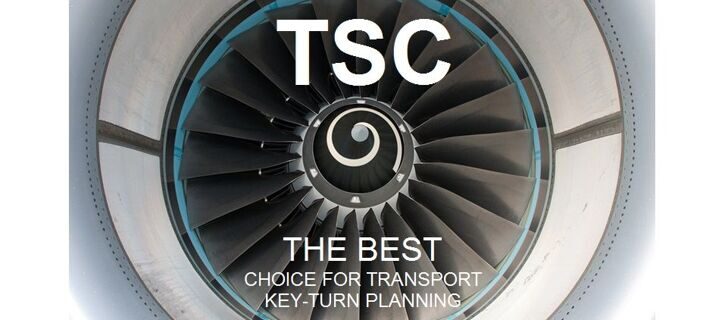THE FEDERATION COUNCIL DISCUSSED APPROACHES TO REGULATING AIRLINE PRICINGTHE FEDERATION COUNCIL DISCUSSED APPROACHES TO REGULATING AIRLINE PRICING
« BackTo view the video, click on the image
The head of the TSC Consortium Anton Koren took part in a round table in the Federation Council on the issues of regulating the principles of airline pricing and implementing their commercial policies.
Anton Koren believes that airlines can provide for the creation of a certain number of free seats on flights for passengers flying for emergency reasons in their commercial policies, which is possible with dynamic pricing systems. At the same time, he noted that accelerating the production of domestic aircraft and replenishing airline fleets with them could have a dramatic impact on the situation. "We will eliminate the deficit of carrying capacity and, as a result, competition will increase, air travel will be more affordable both in price and in terms of available seats," he is confident.
Anton Koren voiced the most rational approaches, from an expert point of view, in terms of state regulation of pricing for air travel, to the requirements for the presence of commercial policies:
The entire aviation market from the point of view of state regulation of pricing and target tasks of increasing the availability of air travel - it is advisable to consider in 3 segments.
The first segment is subsidized domestic air travel
If we are talking about subsidized domestic air travel, pricing is regulated by the terms of the allocation of subsidies, and it is precisely due to this limitation of the maximum tariff values that the availability of air travel is ensured. Here, the social and economic problem of the availability of transportation is solved.
In this segment, the increase in availability is affected by an increase in the volume of subsidies and the expansion of preferential categories that can use subsidized tariffs.
Here, the introduction of commercial policies will not affect or will affect insignificantly the availability of prices. The only thing that can be useful is the creation within the framework of commercial work using dynamic pricing - the availability of free seats before departure for emergency cases, the question is - at what price. Here we need to look for a compromise, it is easy to find in airlines that belong to the regions.
The second segment is international airlines.
Regulation of pricing on international routes, where, as a rule, there is low elasticity of demand for price, i.e. passengers buy tickets with a fairly high marginality of airlines, would definitely put Russian airlines, especially on regular routes, at a disadvantage compared to foreign competitors, which have advantages in terms of fleet availability and other unsanctioned operating conditions. Regulation of pricing on international routes does not solve social problems either, mainly wealthy passengers fly on vacation and on business. That is, on international routes (IL), regulation of tariffs and pricing principles is extremely inappropriate. On IL, the market will regulate everything.
Any commercial policy declared to the regulator - sooner or later can be a deterrent in the fight against foreign competitors, incurring additional costs for airlines for monitoring the implementation of the policy and reporting if such is introduced.
The third segment is the most sensitive from the airlines' point of view, low-margin - unsubsidized domestic air routes (DAL).
The establishment of commercial policies with current approaches will somewhat limit the cost, but only for some passengers, while it is obvious that for another significant part of passengers this will increase the cost of air travel. In general, the situation will not change, but the regulator will have an instrument of objective control over pricing.
It is important that commercial policies are not mandatory for execution and flexible for changes by airlines if necessary. This is especially relevant when the direction of neural network analysis and tariff forecasting with dynamic pricing is developing.
Anton Koren noted that it may be with the most significant positive social effect and rational, which can be implemented in commercial policies - this is, first of all, a reduction in the likelihood of a shortage of tickets, including before departure, when it is necessary to fly in emergency situations - for treatment, etc. At the same time, leading air carriers are already implementing these solutions, providing tickets before departure, at a higher price.
The meeting also summed up the results of the year, and held a comprehensive discussion of airlines' approaches to pricing by government and business authorities.
Last year, the average price of an air ticket in Russia increased by 900 rubles and amounted to 9.3 thousand rubles. Transparent pricing policies of airlines, as well as replenishment of fleets with new aircraft, can increase the availability of air travel. This was the conclusion reached by participants in a round table held in the Federation Council.
The average seat load factor of Russian airlines in 2024 was 89.3 percent, which is 1.7 percent higher than the previous year, said Veronika Khodyreva, Director of the Department of State Policy in Civil Aviation at the Ministry of Transport.
According to her, such a load factor indicates an increased demand for transportation. The total passenger traffic for the year increased by 5.8 percent, to 111.6 million people, with domestic traffic growing by 2 percent and foreign traffic by 20 percent. At the same time, the current fleet of Russian airlines is limited. "At the beginning of March 2022, the passenger fleet of Russian airlines consisted of 1,163 aircraft, and at the moment it is 1,138," she emphasized.
The cost of air tickets is controlled by the Ministry of Transport together with the Federal Antimonopoly Service (FAS). According to Khodyreva, the price increase is justified by objective factors: a reduction in the volume of subsidies to the industry, an increase in demand for air travel and the depth of booking, as well as an increase in aircraft maintenance costs due to the sanctions. "In order to increase the supply of air travel and, as a result, reduce the cost of tickets, we are primarily counting on the supply of domestic equipment. Monitoring of ticket prices will certainly continue," the representative of the Ministry of Transport assured. She also reported that all Russian airlines must formulate their commercial policies by September, which will set out the principles of ticket pricing. Head of the FAS Transport Regulation Department Adilya Vyaseleva added that these documents must indicate how the initial price on the route is formed, what are the rules for deviating from this price. The department has already studied the commercial policies of Aeroflot and S7. In particular, they stated that the share of air ticket sales below the economically justified rate will be at least 60 percent, and the share of air tickets sold at the maximum rate will be less than 2.5 percent. Each of the airlines also indicated their preferential programs that are not related to subsidized flights or any other government support measures. In total, the FAS is currently working on projects from 15 airlines; the service will study them and send its comments so that the carriers can adopt them by September.
"The approved commercial policies will allow us to more effectively assess how economically justified the tariffs are," Vyaseleva emphasized. At the same time, she added that, judging by the financial indicators, the airlines are operating at a profit. According to the results of the reporting for the first 9 months of last year, their profitability was 10-15 percent.
Summing up the results of the round table, First Deputy Chairman of the Federation Council Committee on Economic Policy Alexey Sinitsyn noted that in the conditions of a shortage of aircraft, the market is segmented, and very often in the regions one direction is served by only one airline, which cannot be called a competitive market. "We do not propose regulating prices for air tickets, we advocate for pricing to be transparent, especially where flights are actually carried out on a monopoly basis. So that the antimonopoly service, the Prosecutor General's Office can check that the company does not receive monopoly high profits here," the senator emphasized.
SUBSCRIBE TO THE NEWS OF THE TSC CONSORTIUM, CURRENT STRATEGIC TOPICS OF THE INDUSTRY IN THE NEW TELEGRAM CHANNEL:
Follow the link:
Or by QR code:












